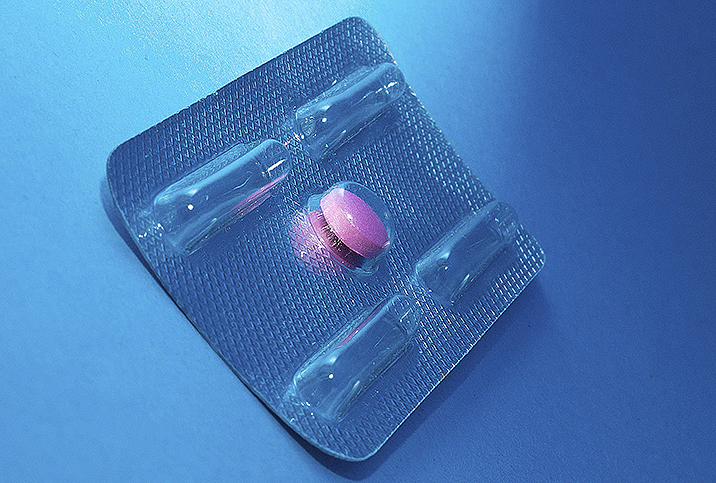Fertility: Treatments & More

Though tracking fertility and having sex at the right time is the best strategy for most couples to achieve conception, it’s not so easy for everyone. Couples experiencing difficulty have options for fertility treatments that can increase their chances of conception.
Factors that affect fertility
The quality of the egg released during ovulation is impacted by various health and environmental influences, some of which may have occurred months before the egg’s release. Stress, radiation exposure and smoking all impact egg quality, along with many other factors:
Cancer. People who undergo cancer treatments face the risk of infertility because of the direct effect of chemotherapy and radiation on multiple biological systems.
Weight. Multiple studies have found that women with a body mass index (BMI) above or below the normal range can struggle more to get pregnant than those within the normal range.
Nutrition. Micronutrients are substances required in trace amounts for the normal growth and development of living organisms. For example, sufficient folic acid and vitamin A levels have a role in helping eggs mature. Thus, a balanced diet is important for fertility and healthy eggs.
Medical conditions. Many medical conditions, such as polycystic ovary syndrome (PCOS), pelvic inflammatory disease (PID), endometriosis, thyroid dysfunction and sexually transmitted diseases (STDs), can cause fertility problems.
Drugs. Over-the-counter, recreational and prescription drugs can all interact with the reproductive system. Some prescription drugs, such as steroids and psychiatric medications, interfere with endometrial or uterine receptivity as well as hormone function. If you are currently taking drugs of any kind and planning for pregnancy, discuss any possible issues with your healthcare provider.
Fertility treatments
Significant advances in reproductive medicine over the past several decades have increased the safety, success and affordability of artificial reproductive techniques. People seeking fertility help will find three main types of fertility treatment:
- Medications. Prescriptions used to improve monthly ovulation include Clomid and gonadotropin injections.
- Surgery. Surgical procedures can fix abnormalities in the reproductive system that may prevent conception, such as endometriosis, fibroids, tubal blockages, and other anatomical or gynecological issues.
- Assisted conception. Intrauterine insemination (IUI) is a procedure in which sperm is collected, concentrated and deposited into a woman’s uterus; doing so brings the egg and sperm closer together and increases the chance of a successful fertilization. In vitro fertilization (IVF) removes eggs from a woman’s ovaries, fertilizes them with sperm from a partner or donor in a laboratory, and then transfers the subsequent embryo back into the woman’s uterus.
Help is available
If you’re struggling with infertility, it’s important to know that you have options and that you’re not alone: Infertility is a relatively common problem.
Breakthroughs in medical science have made it possible for people with fertility issues to conceive and bring healthy babies into the world. Speak with your doctor about any issues that may affect your fertility and the treatments you’d like to consider.
Also, look for support groups where you can share your story with people who have faced the same issues—and can help you select the best strategies to move forward.


















